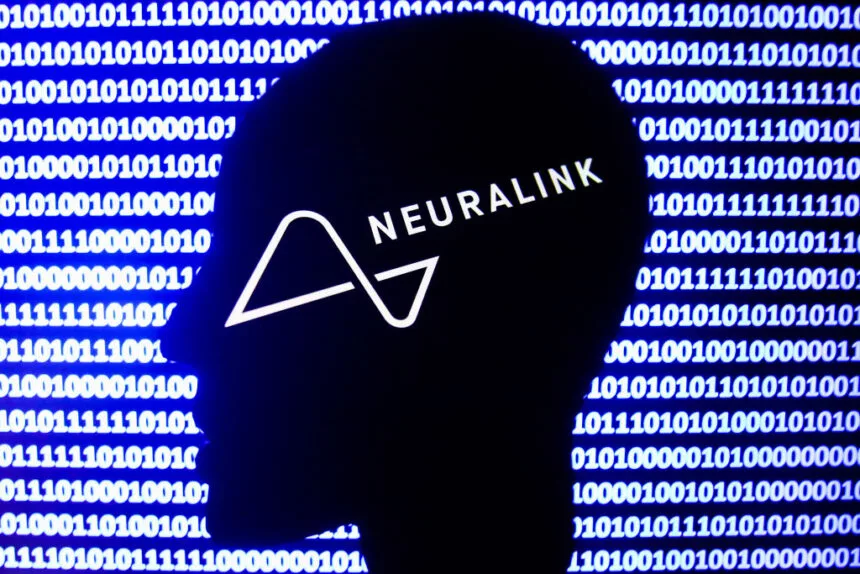Neuralink, a brain-computer interface company co-founded by Elon Musk, is pushing the boundaries of technology to create a direct connection between the human brain and computers. In this article, we’ll explore the groundbreaking work of Neuralink, its potential applications, and the ethical considerations surrounding this futuristic technology.
What is Neuralink?
Neuralink is a neurotechnology company with the ambitious goal of developing brain-machine interfaces (BMIs) that can link the human brain with external devices, such as computers and prosthetic limbs. The company aims to enhance human cognition and address neurological disorders through these interfaces.
How Does Neuralink Work?
Neuralink’s technology involves the implantation of tiny, flexible brain-electrode threads into the brain. These threads can both record and stimulate neural activity, allowing for bidirectional communication between the brain and external devices. This innovation has the potential to revolutionize medical treatments and open new possibilities for human-computer interaction.
Applications and Implications:
- Medical Treatment: Neuralink’s technology could provide breakthroughs in the treatment of neurological conditions like Parkinson’s disease, epilepsy, and paralysis.
- Enhanced Abilities: Brain-computer interfaces might enable humans to augment their cognitive abilities, potentially allowing for direct information exchange and control of digital devices.
- Ethical Concerns: The integration of technology into the human brain raises profound ethical questions, such as privacy, security, and the potential for misuse.
- The Future of Humanity: Neuralink’s work is at the forefront of transhumanism, which envisions a future where humans merge with technology. This could have profound implications for society and human evolution.
The work being done by Neuralink represents a fascinating glimpse into the future of human-computer interfaces, with the potential to reshape the way we interact with technology and the world around us.

